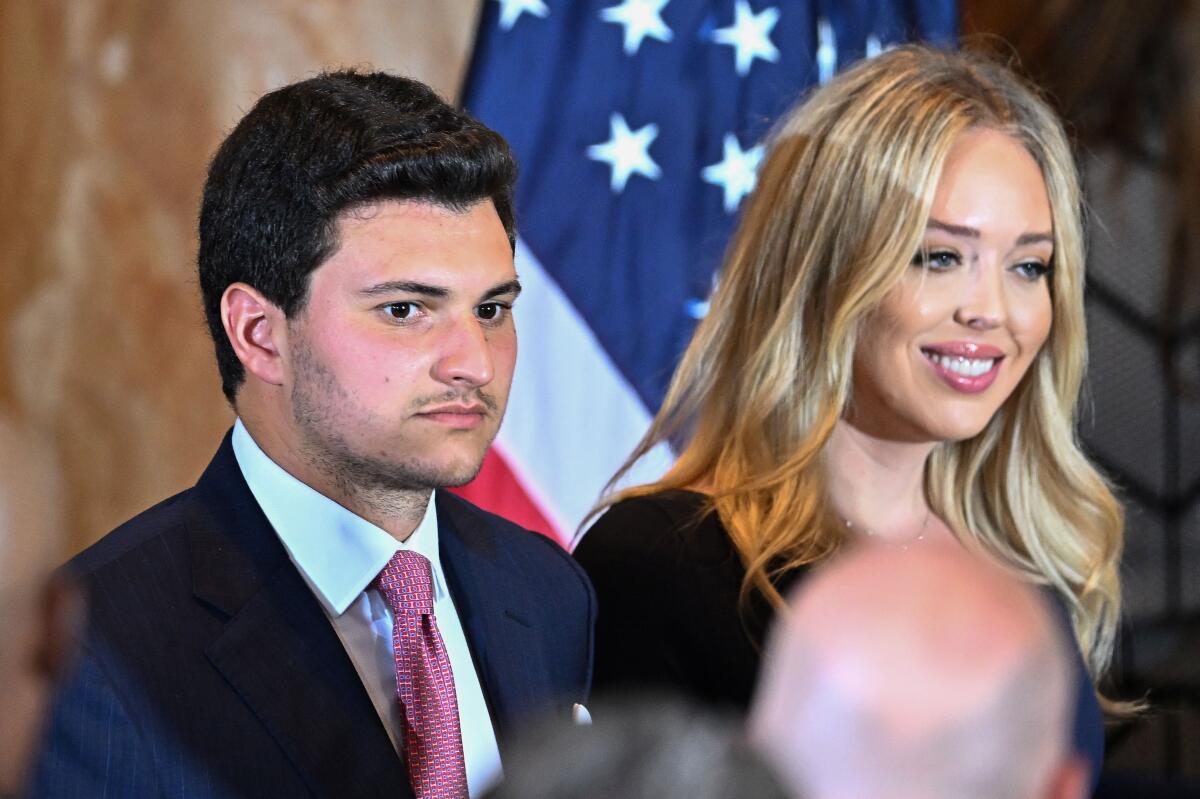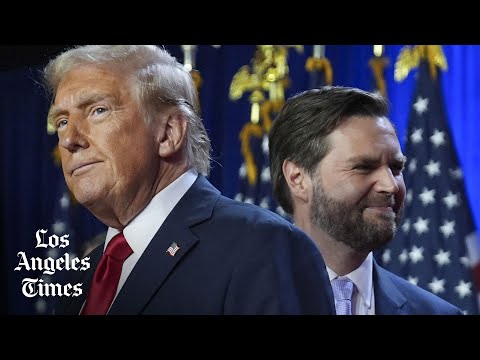NEW DELHI (Reuters) – A Supreme Court decision to scrap a controversial political funding system has pushed contributions to parties towards “black money”, or illegal funds, Indian Prime Minister Narendra Modi said in remarks broadcast on Monday.
India’s top court in February scrapped as unconstitutional a seven-year-old election funding system through instruments called “electoral bonds” that allowed individuals and companies to make unlimited and anonymous donations to political parties.
Corporate funding of political parties is a sensitive matter in India and, while there is no suggestion that the funds from the bonds scheme were improper, opposition parties allege that Modi’s Bharatiya Janata Party (BJP) used its powers to coerce funding.
In his most detailed defence of the scrapped system days before India begins voting in a general election, Modi denied the accusations and said companies had also donated to the opposition.
He said the system was more transparent than previous ones, but added that there was room for policy improvement.
“In decision-making, we learn and improve. It is very possible to improve in this too. But today we have completely pushed the country towards black money,” Modi said in an interview to news agency ANI, in which Reuters has a minority stake.
“And that is why I say everyone will regret it. When they will think honestly, everyone will regret it.”
Data released on orders of the Supreme Court in March showed Modi’s BJP was the largest beneficiary of the scrapped system.
The BJP received half of the total bonds sold worth 165 billion rupees ($1.98 billion) between January 2018 and February 2024, the data showed.
Modi also rubbished allegations that his party uses agencies such as the Enforcement Directorate (ED), India’s financial crime-fighting agency, to target opposition leaders for political gains in elections.
“The country should understand that political leaders are involved in only 3% of the ED cases and 97% of cases are registered against the ones who do not belong to politics,” he said. “Shouldn’t we let the ED work independently when it is supposed to do so?”
(Reporting by Shivam Patel; Editing by YP Rajesh and Alex Richardson)

